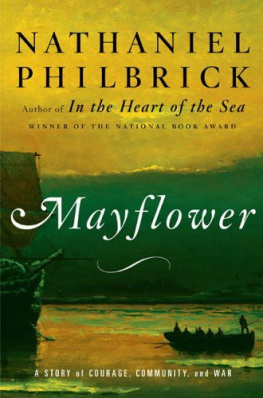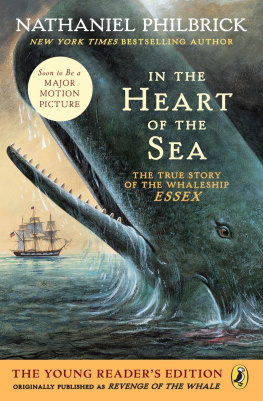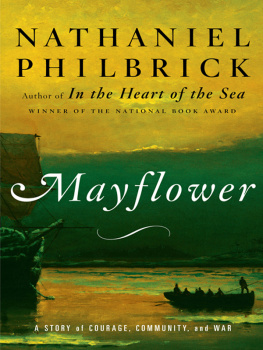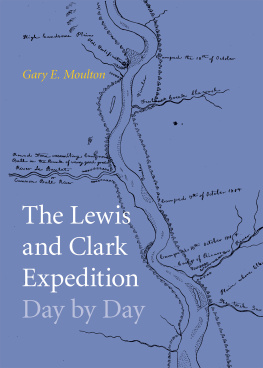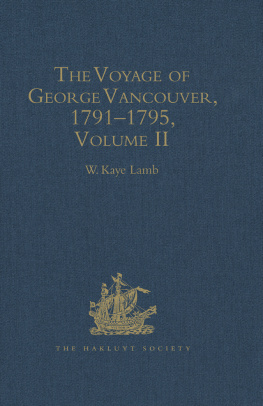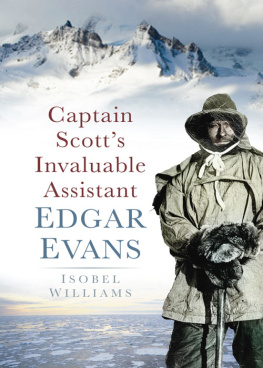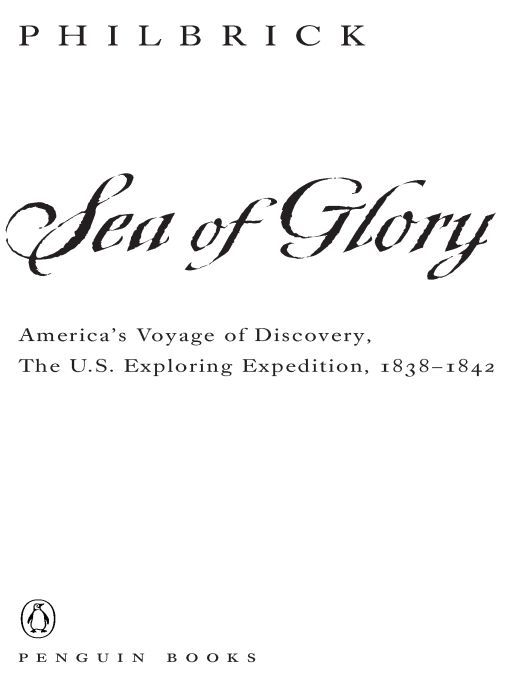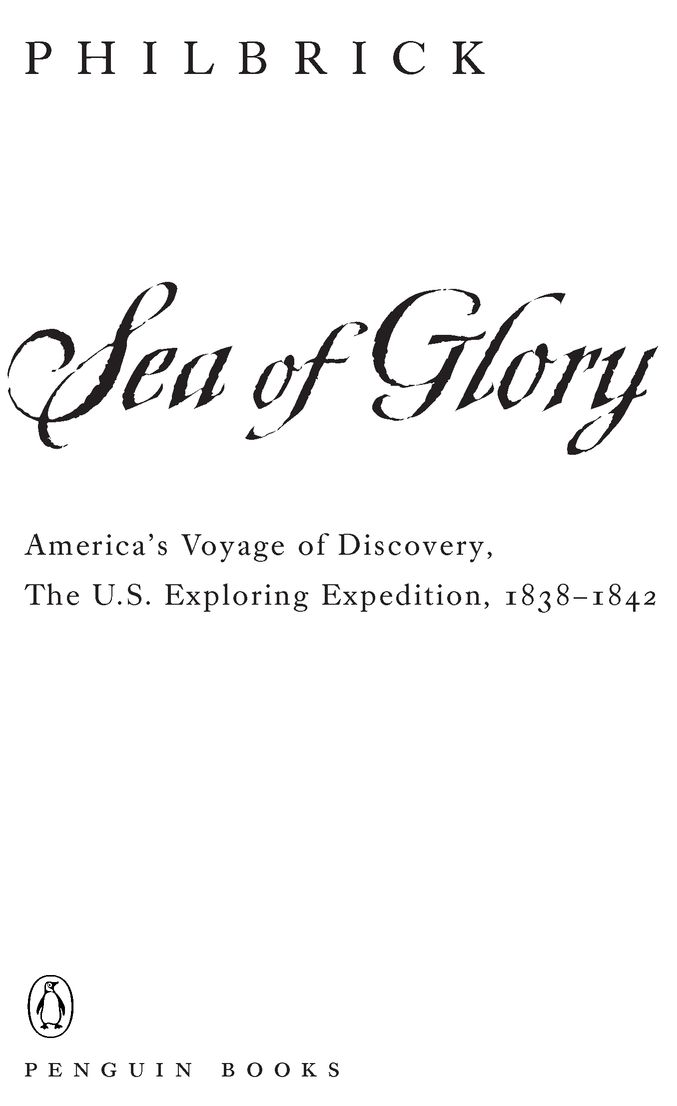Table of Contents
Praise for Sea of Glory
Best of the Best Books of 2003, Los Angeles Times Book Review
Best Nonfiction, The Boston Globe
Sea of Glory... ranks with the late Stephen Ambroses story of Lewis and Clark, Undaunted Courage, and surpasses it as a story of heroism, sheer terror and significance.... Others have written about what came to be known as the Wilkes expedition, but none with the verve, detail, knowledge of seamanship, array of newly discovered sources or insight of Philbrick in his wonderful book.
Los Angeles Times Book Review
Sea of Glory is a grand saga of scientific and nautical accomplishment. More than that, it is a fascinating exploration of human frailty. In Charles Wilkes, Philbrick reveals that strangest of charactersa magnificent loser.
Newsweek
The author of the National Book Award-winning In the Heart of the Sea returns with another rail-gripper of a talethis time, a little-known epic that by all rights should have become as legendary as the journey of Lewis and Clark.
Outside
Nathaniel Philbrick (In the Heart of the Sea: The Tragedy of the Whaleship Essex) informatively resurrects the expedition and provides an intriguing psychoanalysis of its arrogant, uncompromising young commander.
Boston Herald
Sea of Glory goes beyond the conflict between man and nature with added layers of strugglethe U.S. versus the European powers, man versus man, science versus politics and, in Wilkess case, man versus himself. It makes for a great story about an expedition that forever changed science in the United States and about the complicated man who led it.
Rocky Mountain News
Told in exquisite detail... Sea of Glory is more deftly done [than In the Heart of the Sea]. Its a study of science and ego and the mystery of a man whose accomplishments were, at times, sizable in spite of himself. It lets Philbrick come full circle, too. In Heart of the Sea he dealt with the wreck that inspired Herman Melvilles Moby-Dick. In Wilkes he has a model for Melvilles Captain Ahab.
The Seattle Times
Exciting and significant.
The Cleveland Plain Dealer
As detailed by Nathaniel Philbrick in this absorbing chronicle, the Ex.Ex. should have become as treasured a piece of American lore as the Lewis and Clark expedition. Instead, it is a footnote, largely ignored despite Wilkess relentless attempts for the rest of his life to enshrine its value.
New York Daily News
Sea of Glory is a gripping sea story like no other, a rare page-turner among historical works.
Seattle Post-Intelligencer
Without Philbrick, an old salt at this kind of nautical writing, Wilkes and his voyage would have remained a forgotten chapter of American history. The authors painstaking research results in much detail, which may give pause to readers not enmeshed in this saga. Still, its a saga easy to become enmeshed in if youre looking for an adventure tale for the long wintry nights ahead.
Milwaukee Journal Sentinel
Philbrick is awfully good at what he does. His latest, Sea of Glory, is a fine piece of work. He has done justice to Wilkess talents as well as to his horrendous personality, he has ably dramatized Wilkess conflicts with his officers, who testified against him almost to a man at Wilkess court-martial, and he has rescued the expedition from oblivion. Its impressive, a superb job, smoothly written and always absorbing. You finish it hating Wilkes yet understanding him. Philbrick has done with him, indeed, what Dickens did with Fagin in Oliver Twist: He has made him as fascinating as a nest of vipers. Philbrick has written, in short, a brilliant study and illustrated once more the ancient Greek observation that character is destiny.
National Geographic Adventure
Philbricks nautical knowledge lends these tales particular authenticity and color. Philbrick has recovered the history of one of Americas most important exploratory expeditions with an amalgam of biography, adventure narrative, national politics and science history. If he is most at ease when at sea with his shipmates, brailing up their trysails and luffing into the wind, he also deftly negotiates the landlocked elements, leaving the whole work in fine trim.
San Francisco Chronicle
Philbrick has done a masterful job of telling the story of Wilkes, Reynolds, and the highlights of the voyage... for those who want a compelling read, a page-turning adventure story that proves once again that truth is stranger than fiction, then Sea of Glory is for you.
Naval History
PENGUIN BOOKS
SEA OF GLORY
Nathaniel Philbrick is the author of Mayflower: A Story of Courage, Community, and War and The New York Times bestseller In the Heart of the Sea: The Tragedy of the Whaleship Essex, which won the National Book Award. Since 1986 he has lived on Nantucket Island.
NATHANIEL
To my father,
Thomas Philbrick
I have ventured...
This many summers in a sea of glory,
But far beyond my depth....
WILLIAM SHAKESPEARE
King Henry VIII 3.2
PREFACE
Young Ambition
HE WAS NOT YET FORTY-FIVE, but he looked much older, his health broken by four years of hardship and danger. But he had done it. He had successfully completed the voyage of a lifetimethe kind of voyage that had made heroes of Christopher Columbus and James Cook.
The odds had been against him from the start. When his squadron of six sailing vessels set out from the Norfolk Navy Yard in 1838, most of the worlds oceans had already been thoroughly explored. That had not prevented the United States from sending him on a bold, some said foolhardy mission: to scour the Southern Hemisphere of the earth for new lands.
Miraculously, he had made discoveries that would redraw the map of the world. He and his officers had surveyed dozens of uncharted Pacific islands. They had completed Americas first survey of what would one day become the states of Oregon and Washington. His team of scientists had brought back forty tons of specimens and artifacts, including two thousand never-before-identified species. Most impressive of all, he had established the existence of a new continent. Battling icebergs and gale-force winds in his fragile wooden ships, he had charted a 1,500-mile section of Antarctic coast that still bears his name: Wilkes Land.
But on that September day in 1842, just a few months after his return to the United States, Lieutenant Charles Wilkes was anything but a hero. Instead of being honored with speeches and parades, he had been put on trial in the crowded cabin of the USS North Carolina anchored in New York Harbor. Beside him sat his attorney; across from them were the judgesthirteen naval officers who were about to decide whether he was guilty of illegally whipping his men, massacring the inhabitants of a tiny Fijian island, lying about the discovery of Antarctica, and other outrages. Sitting in the gallery were many of his own officers. They whispered among themselves and smiled, confident that their hated commander would soon get his due.



